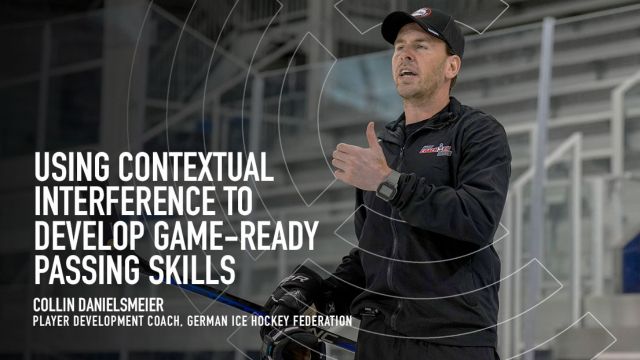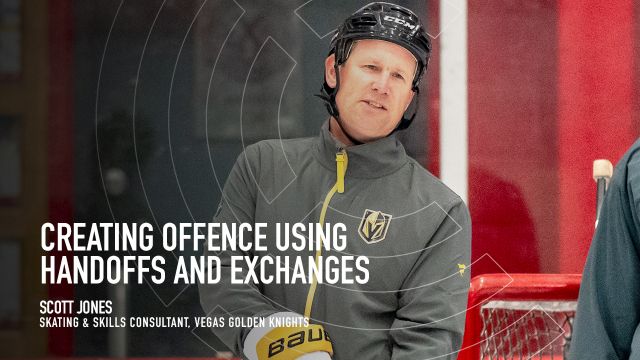Pyry Lukkarila's reason for coaching is to help others learn and become better players; he shared his passion coaching and tips for how coaches can grow in their interactions with their players at TCS Live in 2024.
Lukkarila praised the idea of not being repetitive in practice. Through his time evaluating coaches, Lukkarila has noticed practices that utilize the same drills over and over don’t allow for growth in players through their developmental years. A good practice is one that is challenging. Mistakes should be a common occurrence. The worst thing a coach can do is to try to avoid mistakes in practice.
The best learning involves constant innovation and new practice material during designated training time. It is also vital that, as a coach, you are clear with your players about what you are doing and why you are doing it in your practice plans. The great teams that are able to develop their players are the ones where their players go beyond just knowing what they are doing but also why they are doing a certain drill or technique.
An acronym that Lukkarila shared for coaches is “GROW”.
- Goal: Lukkarila suggests starting with the end in mind and understanding what is trying to be gained through what is being performed.
- Reality: This focuses on what success looks like and what is able to be achieved with the tools and resources offered.
- Options: Based on what is not working, what are the options that are available that can be used to do something differently.
- Way Forward: This focuses on what can be done now to accomplish what the desired outcome is.
Using the “GROW” process gives coaches the opportunity to slow down, think through their decisions when it comes to a player's development, and make the best plan of attack to help coach a player to success.
The other area that Lukkarila takes to heart in coaching is how coaches talk to their players. A coach who is constantly yelling at players is not a coach who shows care for their players on or off the ice. Constant yelling causes players to be less creative and aware of what they are doing while on the ice. The most effective coaching sees a transformation from yelling to telling to eventually asking when communicating with their players. The most important thing to remember as a coach according to Lukkarila is that it is not about you as a coach - it’s about the players. Lukkarila's suggestion to all coaches is to stay curious about what is going on in your players' minds rather than being judgemental of them.
Noteworthy Timestamps:
- 0:00 Pyry’s background and why
- 2:25 Finnish Hockey in numbers
- 4:00 GROW
- 5:15 Goal: Start with the end in mind
- 7:15 Reality: What does it look like now?
- 15:00 Options: What can we do differently?
- 17:30 Way Forward: What will we do now?
- 24:15 Be curious, not judgemental








